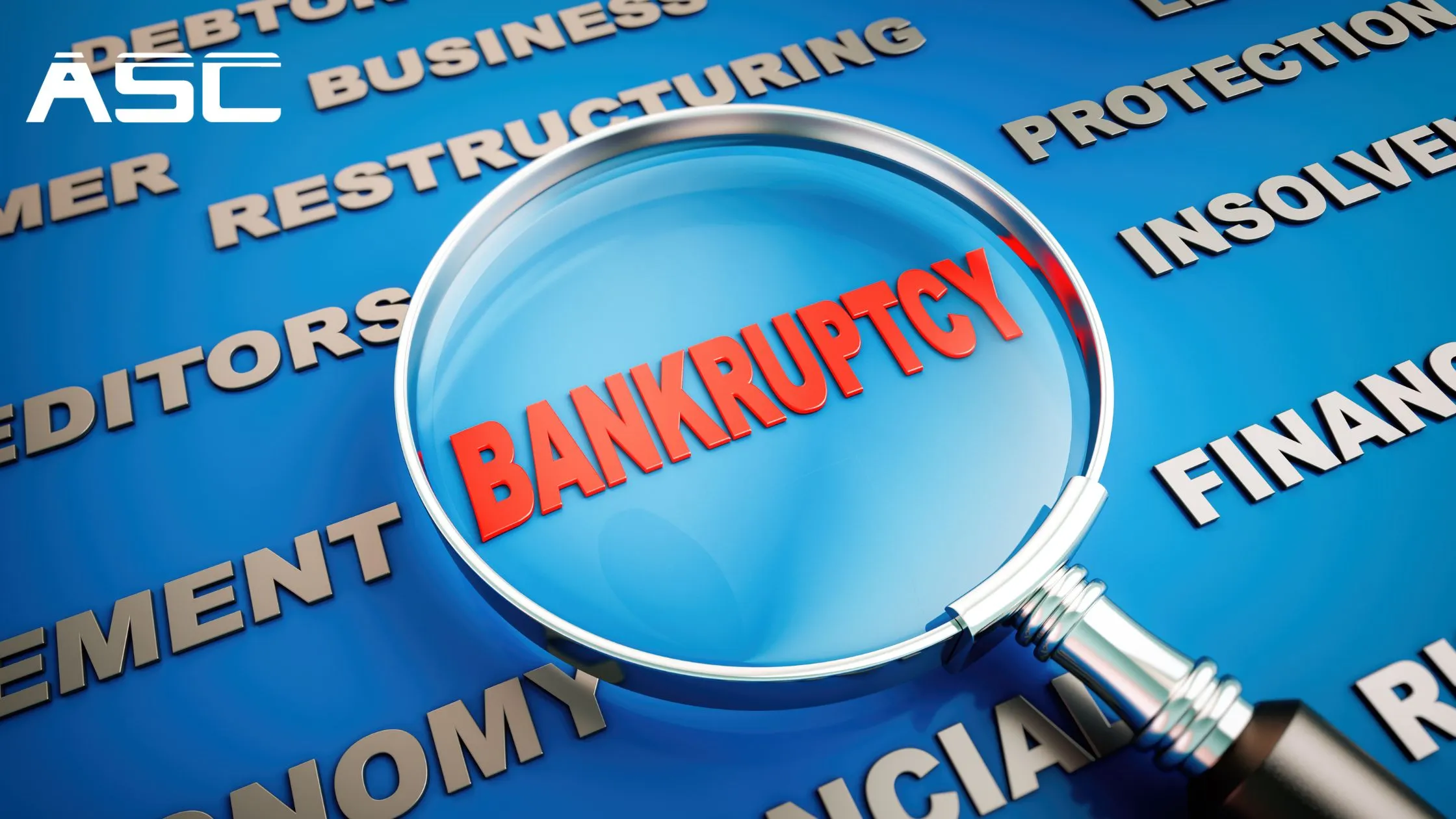Bankruptcy Trustee

Application for Bankruptcy is filed against an individual or a partnership firm if the resolution plan for an individual does not succeed, in case of pending debt. The application may be filed by the Debtor itself as given under section 122 of the IBC code or by the creditor under section 123 of the IBC code. Both, creditors and the debtor have the right to appoint an insolvency resolution professional as the bankruptcy trustee for the purpose of bankruptcy proceedings.
Who are Bankruptcy Trustee?
Bankruptcy trustees are the ones dealing with complex situations that can arise when someone becomes insolvent. The trustee in bankruptcy effectively takes control of the assets distributes proceeds to creditors, according to the law.
A bankrupt person’s assets which may be land, building, cash, or other such assets are taken into custody by the trustee. All these assets together refer to “estate” and shall be distributed to pay off the debts. Once the legal appointment through the adjudicating authority of the bankruptcy trustee is approved, the bankruptcy trustee is responsible and handed over the complete estate.
The Bankruptcy Trustee on behalf of the Debtor shall comprise:
- Hold property, make contracts, can sue or be sued, can enter into any engagements in respect of the bankruptcy, can employ persons to assist him, can execute power attorney in its name;
- Investigate the matter of bankruptcy in depth to know the debts and assets and its valuation;
- Realize the estate of a bankrupt person;
- Distribute the estate in accordance with the debt;
- Fulfill the debt of various creditors;
- Carry on the business of the insolvent person
- bring or defend any legal action regarding the bankruptcy estate
- make compromises with creditors and settle their claims
- sell any property comprised in the bankruptcy estate, including goodwill
- Employ an agent
- Bring legal proceedings because of preferences, transactions at an undervalue, or extortionate credit transaction
How ASC Helps?
With the experience of an insolvency professional, ASC Group is capable to arrange insolvency professionals to act as bankruptcy trustees.
- Assistance and compliance with all the responsibilities of a bankruptcy trustee
- Complete handling of the estate with efficiency and settling the claims of creditors by efficient negotiations;
- Analysis of bankruptcy situation and suggest ways to sail through it effectively, with a minimum cost;
- Maximum valuation of the estate to ensure equitable distribution and best realization value to settle off the debt;
FREQUENTLY ASKED QUESTIONS
A bankruptcy trustee is an appointed person or a firm that deals with complex financial situations involving the insolvency of a particular organisation or person. They take control of the assets and undertake their distribution to the creditors and stakeholders in terms of the provisions of the law.
In case a resolution plan does not succeed, a trustee in bankruptcy case is appointed. The need of bankruptcy trustees can be emphasised by the fact that they are vested with powers in case of insolvency matters. They are handed over the complete estate of the insolvent and are responsible to ensure that it is judiciously distributed to the stakeholders.
Bankruptcy trustees are entrusted with multiple powers in relation to insolvency matters. The powers of bankruptcy trustees include the power to hold property, enter contracts, sue or be sued, investigate the bankruptcy matter, distribute the estate, enter into compromise arrangements, sell any property, appoint any agent etc.
Both the creditors and the debtors have the power to appoint the insolvency resolution professional as their trustee in bankruptcy case. The appointment of the bankruptcy trustee should be approved by the adjudicating authority.
The role of a bankruptcy trustee is to administer a bankruptcy case and act as a liaison between the debtor and the creditors. Their responsibilities may include:
- Reviewing the debtor's financial affairs and determining the value of their assets.
- Collecting and liquidating the debtor's assets.
- Distributing the proceeds from the sale of the debtor's assets to their creditors.
- Investigating any potential fraud or misconduct by the debtor.
- Objecting to improper claims made by creditors.
- Providing reports to the court and other interested parties about the status of the bankruptcy case.
- Closing the bankruptcy case once all assets have been liquidated and all claims have been resolved.
The primary function of bankruptcy is to provide individuals or businesses with a legal process to eliminate or repay their debts and get a fresh financial start. Bankruptcy can help debtors to:
- Eliminate or reduce unsecured debts, such as credit card debt and medical bills.
- Stop creditor collection actions, such as wage garnishment and foreclosure.
- Reorganize secured debts, such as mortgages and car loans, to make them more manageable.
- Protect assets from creditor seizure and liquidation.
- Negotiate with creditors and develop a repayment plan that is affordable and sustainable.
- Obtain relief from overwhelming financial pressure and achieve a fresh start.
